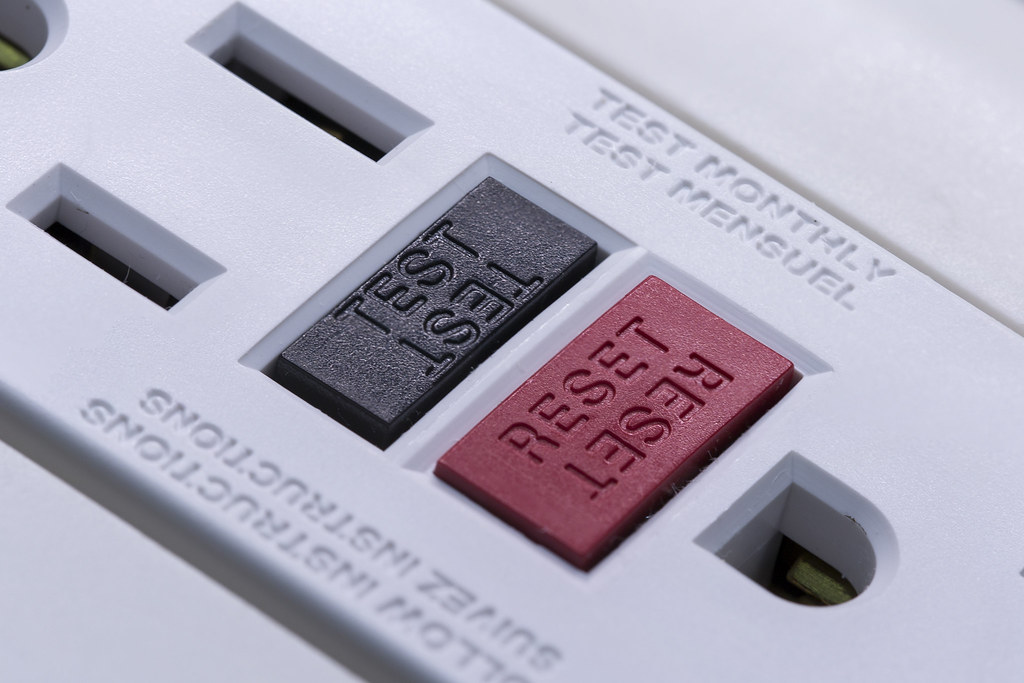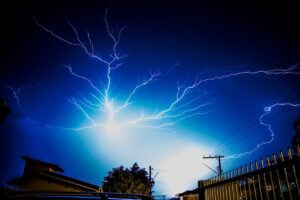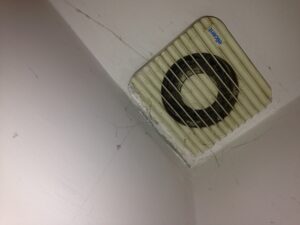You head outside to plug in your leaf blower or holiday lights – and nothing happens. No power. No response. It’s frustrating. But don’t worry: if your exterior outlets aren’t working, it doesn’t always mean something serious or expensive is wrong.
In many cases, a quick fix is all you need. Here are some simple steps you can take to troubleshoot your outdoor outlets before calling in the pros.
Start With the Basics
First, test nearby outlets and lights to see if they’re working. You can plug in a small lamp or use a voltage tester. If more than one outlet is dead, unplug anything still connected to avoid overloading the circuit. You might want to mark dead outlets with tape so you can easily find them later.
Check the Circuit Breaker
One of the most common reasons outdoor outlets stop working is a tripped circuit breaker. Your electrical panel is usually in the garage, basement, or utility room. Open it and look for any switches that are in the “off” position or sitting between on and off. Flip them fully off and then back on again.
A breaker may trip due to a temporary overload or a faulty device plugged in somewhere on the circuit.
Don’t Overlook the GFCI
Even if you’ve checked the main panel, the issue might be with a GFCI outlet, especially if your exterior GFCI outlet is not working. GFCIs are designed to shut off power if they sense even a small leak of electricity, protecting you from shock.
You may find them in bathrooms, kitchens, basements, or even tucked away in your garage. One tripped GFCI can shut off power to multiple outlets, including outdoor ones. Look for the “reset” button on these outlets and press it to see if power comes back.

If you can’t find the GFCI or don’t know where it’s located, this is a good time to call an electrician.
Exposure to the Elements
Outdoor outlets face wind, rain, heat, and cold. Over time, this exposure can wear down components and cause connections to fail. Moisture can corrode wires or cause short circuits, especially if the outlet cover is damaged or missing.
To prevent outdoor outlets from not working, be sure they’re covered with weather-resistant covers and have proper sealing. Regular checks can help catch problems early.
Loose or Damaged Wiring
If none of the above solutions work, the outlet itself might have a loose connection or damaged wiring. This is not something to try fixing yourself. Loose wires can overheat and pose a fire risk.
If the outlet feels warm, smells like it’s burning, or shows any signs of damage, stop using it immediately and call an electrician.
Still Stuck? We Can Help.
If your outdoor outlets aren’t working, or your exterior GFCI outlet is not working and you’re not sure why, reach out to Prairie Electric. Our expert electricians are here to help you stay safe, powered, and ready for anything.


